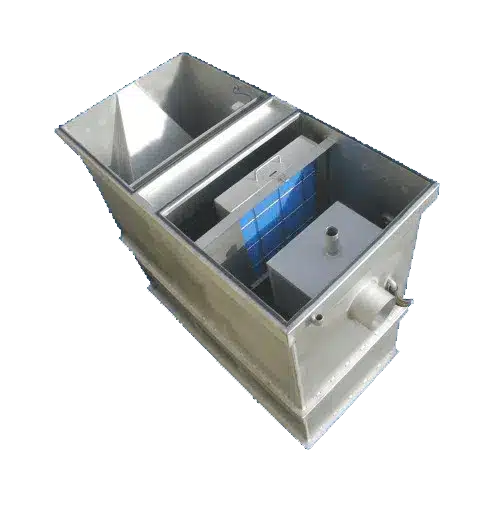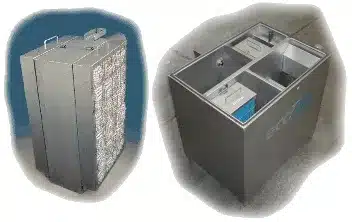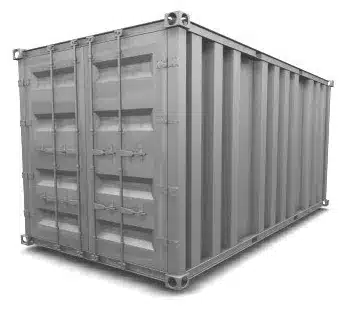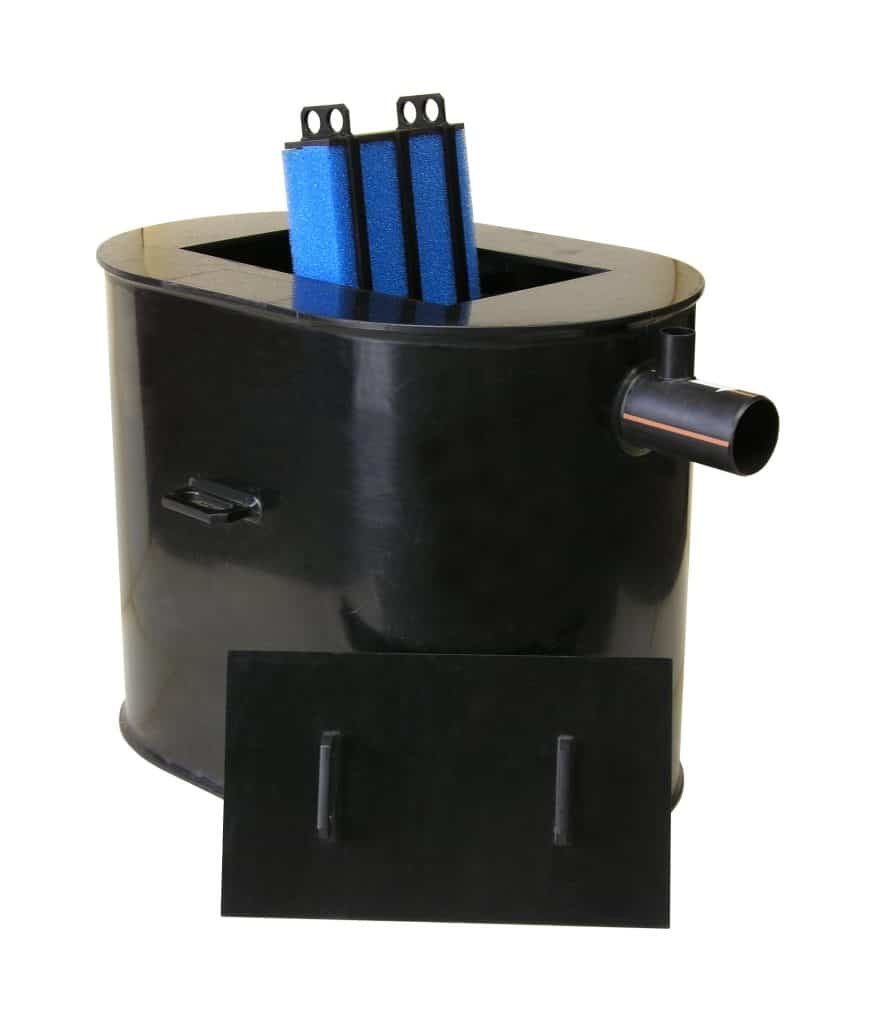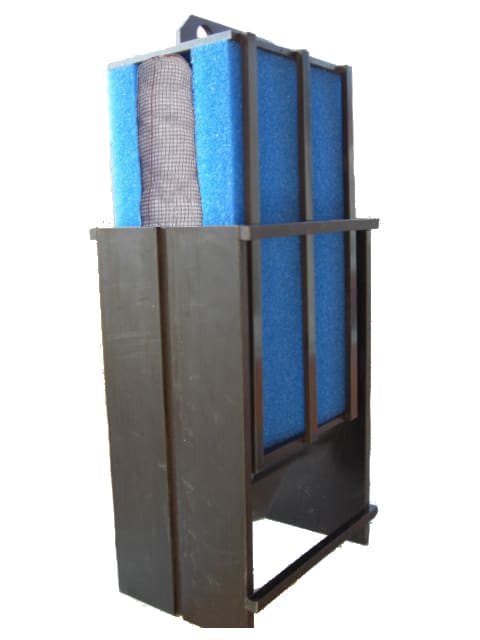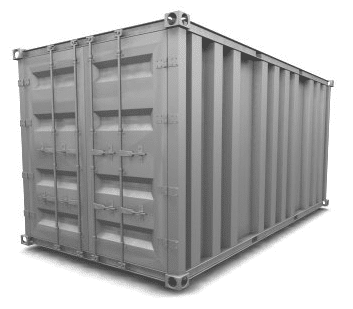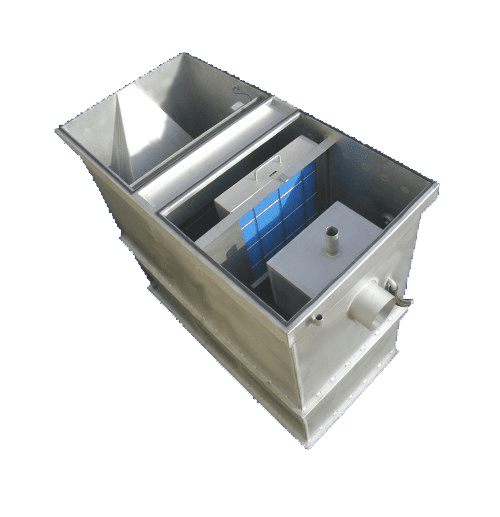In Washington’s industrial heart, a silent guardian watches over our waterways. Above ground oil water separators are key in keeping our water clean and businesses in line. They are vital for preventing oil spills.
These devices are the quiet heroes of Washington’s industries. They separate oil from water in places like bulk petroleum storage and aircraft fueling. Freytech Inc. has improved this technology, offering Washington Above Ground Oil Water Separators that can remove up to 5 PPM of oil from water.
Washington businesses must meet EPA rules, making these separators important. They’re not just about following laws; they’re about protecting our environment. They help keep Washington beautiful for future generations.
Key Takeaways
- Above ground oil water separators are essential for industrial wastewater treatment in Washington
- They help businesses comply with EPA regulations for water discharge
- These separators are used in various industries, including petroleum storage and vehicle maintenance
- Advanced separator technology can achieve up to 5 PPM separation efficiency
- Proper installation and maintenance of separators is crucial for effective oil spill prevention
Understanding Above Ground Oil Water Separators in Washington
Oil water separators are key in Washington for protecting the environment. They help businesses deal with oily wastewater and follow state rules. Let’s look at what these separators do and why they’re important for managing stormwater in Washington.
Definition and Purpose of Oil Water Separators
Oil water separators are big devices that catch sediments and oils on the surface. They are a must for businesses that produce oily waste from things like petroleum products. In Washington, these systems are crucial for following environmental laws and managing stormwater well.
Importance in Washington’s Environmental Compliance
Washington has tough environmental rules that many businesses must follow. Oil water separators are a key part of this. They stop pollutants from getting into waterways and groundwater. By using these separators, companies can follow the environmental laws and protect local ecosystems.
Types of Above Ground Oil Water Separators
Washington uses two main types of oil water separators: standard baffle separators and coalescing plate separators (CPS). Standard baffle separators are usually underground cement vaults. CPS can be placed above or below ground, making them flexible for different needs. Quick-lube stations, fueling stations, and vehicle repair shops often need these separators to handle their oily waste.
Washington Above Ground Oil Water Separators: Regulations and Standards
Washington state has strict rules for oil water separators to protect the environment and public health. The Industrial Waste Program in King County helps regulate industrial discharges and provides technical advice. Companies must follow certain limits to meet Washington’s stormwater pollution prevention rules.
A main rule is the 100 parts per million (ppm) limit for nonpolar Fats, Oils, and Grease (FOG). This rule makes sure the water released is safe for the environment. Companies like Freytech Inc. offer separators that can separate up to 5 PPM, which is better than the North American limit of 10 PPM.
To install oil water separators in Washington, companies need approval from local sewer agencies or King County. They must send in detailed plans and specs for review before starting the installation. This ensures the separators meet the needed standards for preventing stormwater pollution.
By following these rules and standards, businesses in Washington help protect the environment and stay in line with state and local laws. Keeping oil water separators in good shape with regular checks and upkeep is key to sticking to these important guidelines.
Design and Installation of Above Ground Oil Water Separators
The design of above ground oil water separators is key for Washington businesses to follow environmental laws. These systems keep oil and water apart, stopping pollutants from getting into waterways. It’s important to know the main parts and how to install them for the best results.
Key Components of an Effective Separator System
An oil water separator has important parts. Baffles help guide the water flow. Coalescing plates make it easier to separate oil droplets. Sampling tees let you check the quality of the water easily. Together, these parts make sure most of the oil is removed from the wastewater.
Installation Guidelines for Washington Businesses
Installing an oil water separator in Washington needs careful planning and following local rules. Companies must send in detailed plans for approval. This includes info about the facility, the size of the separator, and maps of the site. It’s important to get the water flow calculations right to size the separator correctly.
Choosing the Right Size and Capacity
Picking the right size separator is crucial for it to work well. King County suggests a size that can handle the biggest flow for 45 minutes. The amount of wastewater, types of oil, and space available affect the choice. Custom-made solutions can meet specific needs and work well in different industrial places.
Maintenance and Inspection of Oil Water Separators
Keeping oil water separators in good shape is crucial for businesses in Washington. They must follow stormwater pollution prevention rules. King County recommends checking these systems every six months. During these checks, each part of the system must be looked at for any buildup of sludge or oil.
If sludge gets to 8 inches deep in the inlet chamber, or oil piles up to 2 inches anywhere, it needs to be serviced. Cleaning the coalescing plates before they get blocked by silt or solids is important. This keeps the separator working well to remove pollutants from the water.
For a complete clean and pump of oil water separators, companies should call in experts. These pros have the right tools and knowledge to do the job safely. Regular maintenance stops discharge limit violations and supports Washington’s stormwater pollution prevention.
These separators are crucial in storm water systems. They process runoff to meet the US EPA’s Clean Water Act standards. With effective oily water treatment, facilities protect the environment and dodge big fines.
By taking these steps, businesses can keep their oil water separators working right. This not only keeps them in line with local laws but also protects Washington’s water from harmful pollutants.

